About The Centers — Gordon Square Office
The Centers for Families and Children Gordon Square Campus is located in Cleveland, Ohio. They offer behavioral health services to assess and treat mental health and substance use disorders (SUD).
They are located in a converted historic industrial warehouse complex, not far from Route 20, near restaurants, hotels and several area attractions. Nearby, you can find Simmons Park and Herman Park as well as Edgewater Park and Beach, located along Lake Erie.
Gordon Square Campus Offers Youth Residential Program
Their Gordon Square campus offers multiple levels of treatment and services. I like that they also include an on-site pharmacy for your convenience. Here, you will find a youth residential program, referred to as their Hope Campus. This program provides a continuum of care for those in need of stabilization care including mental health, housing and SUD treatment.
Work and Recovery Program for Adults
For adults, they offer a work and recovery program. I love that this program offers SUD and mental health treatment for those struggling or recovering from a mental health crisis and/or SUD, which also prepares them to return to the workforce as they reach sobriety. The program promotes finding a sustainable work/life balance that also addresses past traumas and addictions.
Job Training and Placement Programs Onsite
They offer access to several onsite job training and education programs. Upon completion of each program, you will be rewarded with job placement and/or certifications that acknowledge your milestone.
There are several options available to you if you are considering joining one of these programs. They are dependent both on your personal needs and on what part of the recovery journey you may be experiencing.
Latest Reviews
Rehab Score
Gallery
Other Forms of Payment
Medicaid is a state based program that helps lower-income individuals and families pay for healthcare. Medicaid covers addiction treatment so those enrolled can use their coverage to pay for rehab. When a program accepts Medicaid the client often pays very little or nothing out of their own pocket.
Private insurance refers to any kind of healthcare coverage that isn't from the state or federal government. This includes individual and family plans offered by an employer or purchased from the Insurance Marketplace. Every plan will have different requirements and out of pocket costs so be sure to get the full details before you start treatment.
Self-pay involves paying for treatment out of your own pocket. You can use savings or credit, get a personal loan, or receive help from family and friends to fund your treatment. If you don't have insurance or your insurance plan doesn't cover a specific program, self-pay can help ensure you still get the care you need.
Financial aid can take many forms. Centers may have grants or scholarships available to clients who meet eligibility requirements. Programs that receive SAMHSA grants may have financial aid available for those who need treatment as well. Grants and scholarships can help you pai for treatment without having to repay.
Medicare is a federal program that provides health insurance for those 65 and older. It also serves people under 65 with chronic and disabling health challenges. To use Medicare for addiction treatment you need to find a program that accepts Medicare and is in network with your plan. Out of pocket costs and preauthorization requirements vary, so always check with your provider.
Addiction Treatments
Levels of Care
Outpatient Programs (OP) are for those seeking mental rehab or drug rehab, but who also stay at home every night. The main difference between outpatient treatment (OP) and intensive outpatient treatment (IOP) lies in the amount of hours the patient spends at the facility. Most of the time an outpatient program is designed for someone who has completed an inpatient stay and is looking to continue their growth in recovery. Outpatient is not meant to be the starting point, it is commonly referred to as aftercare.
Treatments
Mental health rehabs focus on helping individuals recover from mental illnesses like bipolar disorder, clinical depression, anxiety disorders, schizophrenia, and more. Mental health professionals at these facilities are trained to understand and treat mental health issues, both in individual and group settings.
Programs
Adult rehab programs include therapies tailored to each client's specific needs, goals, and recovery progress. They are tailored to the specific challenges adult clients may face, including family and work pressures and commitments. From inpatient and residential treatment to various levels of outpatient services, there are many options available. Some facilities also help adults work through co-occurring conditions, like anxiety, that can accompany addiction.
Young adulthood can be an exciting, yet difficult, time of transition. Individuals in their late teens to mid-20s face unique stressors related to school, jobs, families, and social circles, which can lead to a rise in substance use. Rehab centers with dedicated young adult programs will include activities and amenities that cater to this age group, with an emphasis on specialized counseling, peer socialization, and ongoing aftercare.
Clinical Services
Cognitive Behavioral Therapy (CBT) is a therapy modality that focuses on the relationship between one's thoughts, feelings, and behaviors. It is used to establish and allow for healthy responses to thoughts and feelings (instead of unhealthy responses, like using drugs or alcohol). CBT has been proven effective for recovering addicts of all kinds, and is used to strengthen a patient's own self-awareness and ability to self-regulate. CBT allows individuals to monitor their own emotional state, become more adept at communicating with others, and manage stress without needing to engage in substance abuse.
Whether a marriage or other committed relationship, an intimate partnership is one of the most important aspects of a person's life. Drug and alcohol addiction affects both members of a couple in deep and meaningful ways, as does rehab and recovery. Couples therapy and other couples-focused treatment programs are significant parts of exploring triggers of addiction, as well as learning how to build healthy patterns to support ongoing sobriety.
Dialectical Behavior Therapy (DBT) is a modified form of Cognitive Behavioral Therapy (CBT), a treatment designed to help people understand and ultimately affect the relationship between their thoughts, feelings, and behaviors. DBT is often used for individuals who struggle with self-harm behaviors, such as self-mutilation (cutting) and suicidal thoughts, urges, or attempts. It has been proven clinically effective for those who struggle with out-of-control emotions and mental health illnesses like Borderline Personality Disorder.
Research clearly demonstrates that recovery is far more successful and sustainable when loved ones like family members participate in rehab and substance abuse treatment. Genetic factors may be at play when it comes to drug and alcohol addiction, as well as mental health issues. Family dynamics often play a critical role in addiction triggers, and if properly educated, family members can be a strong source of support when it comes to rehabilitation.
Group therapy is any therapeutic work that happens in a group (not one-on-one). There are a number of different group therapy modalities, including support groups, experiential therapy, psycho-education, and more. Group therapy involves treatment as well as processing interaction between group members.
In individual therapy, a patient meets one-on-one with a trained psychologist or counselor. Therapy is a pivotal part of effective substance abuse treatment, as it often covers root causes of addiction, including challenges faced by the patient in their social, family, and work/school life.
Trauma therapy addresses traumatic incidents from a client's past that are likely affecting their present-day experience. Trauma is often one of the primary triggers and potential causes of addiction, and can stem from child sexual abuse, domestic violence, having a parent with a mental illness, losing one or both parents at a young age, teenage or adult sexual assault, or any number of other factors. The purpose of trauma therapy is to allow a patient to process trauma and move through and past it, with the help of trained and compassionate mental health professionals.
Staff
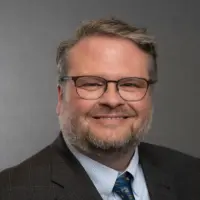
Eric L. Morse, MSSA, LISW-S
President & CEO
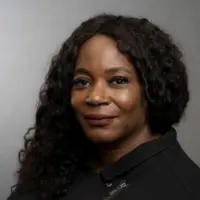
Carole Beaty, MPOD
Chief Program Officer, Family & Work Programs
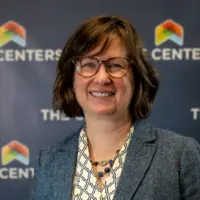
Kerry Bohac, PHR, SHRM-CP
Chief Human Resources Officer
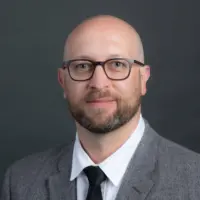
Vince Caringi, MD
CMO
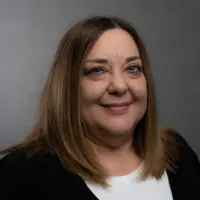
Christine Gambatese, MBA, CPA
CFO
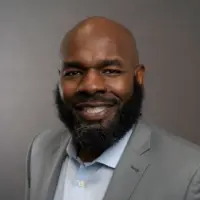
Leon Harris, PhD
Chief Diversity, Equity, and Inclusion Officer
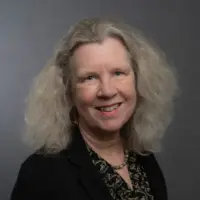
Jean Polster, RN, MS
Chief of Healthcare Operations Administration
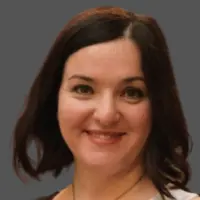
Stacey Rubenfeld, MPA
Chief Development Officer
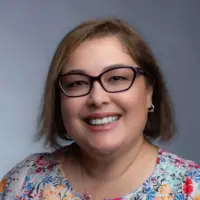
Christie Tatman-Stroh, MNAL
Chief Administrative Officer
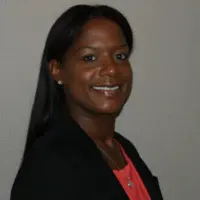
Dawnya Underwood, LMSW
Executive Director, CCH
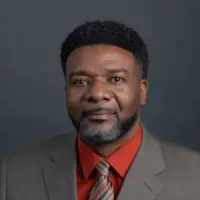
Martin Williams, MSSA, LISW-S
Chief of Programs, Behavioral Health Care
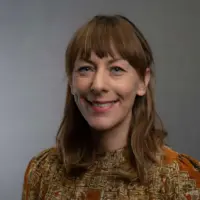
Elena Yanchar, DO
Chief of Psychiatry
Contact Information
5209 Detroit Avenue
Cleveland, OH 44102